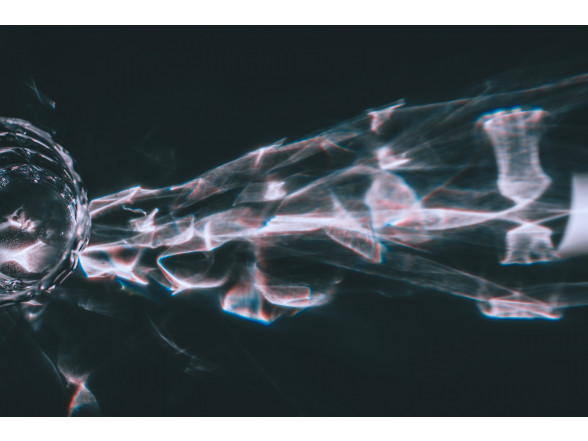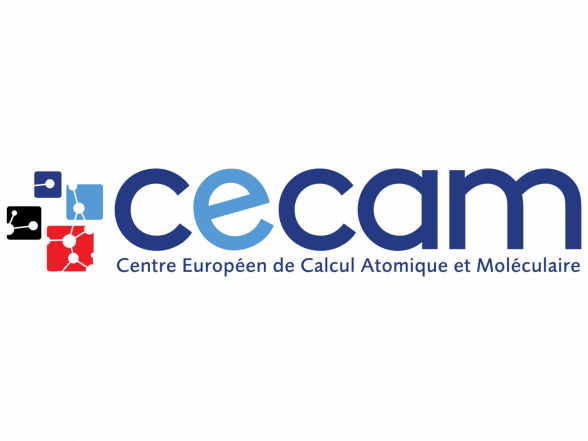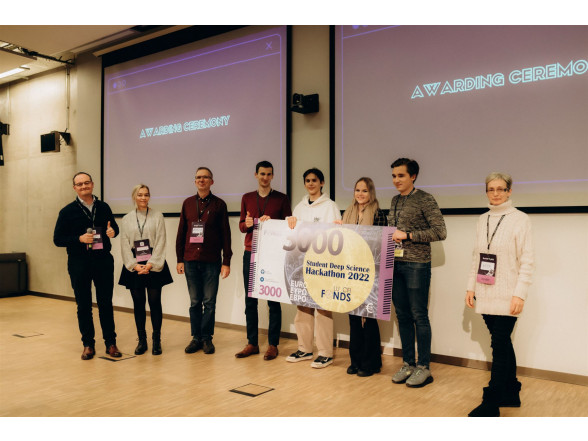On January 10, the ISSP UL hosted the fourth end-of-the-year scientific seminar – the Photonics & Optics scientific seminar. The event aimed to foster collaboration and knowledge exchange among leading researchers and experts in the field. The seminar was opened by Prof. Dr. phys. Anatolijs Šarakovskis, head of the Laboratory of Spectroscopy and Dr. habil. phys. Andris Šternbergs, deputy director for science.
Dr. phys. Andris Anspoks, director of the ISSP UL and the project leader for the National Research Program "Innovation Fund – sectoral research program," presented a session on an integrated approach to polymer photonics. The discussion spanned from sensors to quantum applications, showcasing the potential of polymer materials in advancing photonics technology.
After the presentation, attendees engaged in a lively question-and-answer session, delving deeper into the nuances of polymer photonics and its diverse applications.
The seminar continued with Dr. phys. Aivars Vembris, head of the Laboratory of Organic Materials and Ph.D. Arturs Bundulis, a leading researcher at the Laboratory of Organic Materials. They explored the Polymer Photonics Technology Platform, emphasizing the role of organic materials in shaping the future of photonics.
This presentation was also followed by a Q&A session. The audience actively participated, seeking clarification and gaining insights into the practical aspects of implementing polymer photonics technology.
Prof. Dr. phys. Anatolijs Šarakovskis returned to the stage, this time joined by Dr. phys. Krišjānis Šmits, Head of the Microscopy Laboratory at ISSP UL. Their presentations focused on the Optical Fiber-based Platform and its application in Optical Spectroscopy, highlighting the latest advancements and potential breakthroughs.
The ensuing question and answer session allowed attendees to explore the intricacies of optical fiber-based platforms and optical spectroscopy, deepening their understanding of the presented research.
The seminar concluded with an open discussion, providing a forum for participants to share perspectives, exchange ideas, and explore avenues for future collaboration. The topics covered during the seminar showcased the interdisciplinary nature of photonics and optics research.
The Photonics & Optics scientific seminar served as a platform for knowledge dissemination, networking, and collaborative exploration, reinforcing the institute’s commitment to pushing the boundaries of scientific discovery in photonics and optics.



